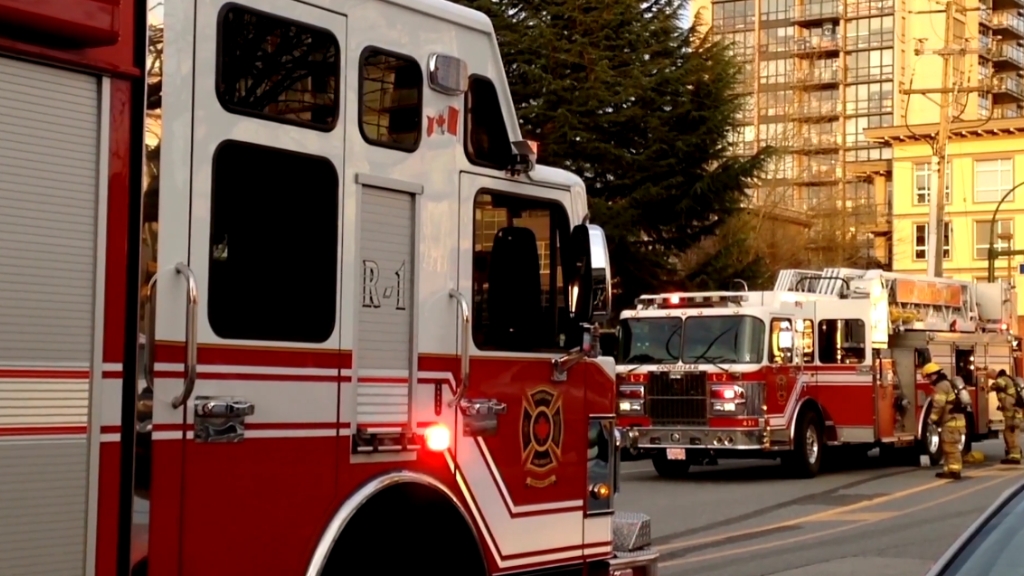When people hear the words accident and incident, they often assume they mean the same thing.
In casual conversation, you might hear someone say, “There was an incident on the highway,” when they mean a car crash, or “The factory had an accident,” when they mean a small fire or even just a safety violation.
But in professional settings, like aviation, workplace safety, law enforcement, and health care, the difference between the two terms is very important. Put simply:
- An accident is an event that results in harm, damage, or injury.
- An incident is any event, whether harmful or not, that interrupts normal operations or has the potential to cause harm.
This distinction matters because every accident is an incident, but not every incident is an accident.
What Is an Accident?

An accident is an unplanned event that causes actual damage or injury. The key elements are:
- It is unintended.
- It leads to harm, whether physical injury, property damage, or both.
Examples of Accidents
- A construction worker falls from scaffolding and breaks a leg.
- A driver crashes into a guardrail and damages the car.
- A factory machine malfunctions, starting a fire that destroys equipment.
The word “accident” carries weight because it marks the line where something goes from being just a problem to being a harmful event with direct consequences. Accidents often trigger official reporting, insurance claims, or even legal action.
What Is an Incident?
View this post on Instagram
An incident is a broader term. It refers to any event that interrupts normal activity, whether or not it leads to injury or damage. Incidents can be near misses, minor events, or rule violations that have the potential to cause accidents if not addressed.
Examples of Incidents
- A worker slips on a wet floor but regains balance and is not hurt.
- A fire alarm goes off due to smoke from burnt food, but no fire occurs.
- A piece of equipment sparks but doesn’t catch fire.
Incidents are often seen as warnings. They provide a chance to correct hazards before they escalate into accidents. That’s why industries like aviation and healthcare require detailed incident reporting, even for small issues.
Why the Difference Matters
Many organizations emphasize the difference between an accident and an incident because it directly affects safety culture.
If people only report accidents, then many small hazards go unnoticed until someone gets hurt. But if incidents are tracked as well, companies can fix problems early.
For example:
- In aviation, the term “incident” covers everything from a small navigation error to a bird strike that doesn’t damage the plane. Only if the plane is damaged or people are injured is it called an accident.
- In workplaces, safety regulators like OSHA define “recordable accidents” differently from “reportable incidents.” That legal distinction affects compliance, liability, and insurance.
- In hospitals, a medication given late may be logged as an incident, while a medication given incorrectly that harms the patient is classified as an accident (or “adverse event”).
This system ensures that lessons are learned not only from major failures but also from minor events that could one day become serious.
Accident vs Incident: Side-by-Side Comparison
| Aspect | Accident | Incident |
| Definition | An unplanned event causing harm, injury, or damage | An unplanned event that interrupts normal operations, with or without harm |
| Outcome | Always results in injury, damage, or loss | May or may not result in harm |
| Examples | Car crash, broken bone, workplace fire | Near miss, alarm activation, safety rule violation |
| Legal Impact | Often requires reporting, insurance claims, and investigations | Usually, internal reporting for prevention and tracking |
| Purpose of Tracking | To record harm and assign responsibility | To identify risks and prevent future accidents |
Everyday Misuse of the Terms

In everyday conversation, the words accident and incident are often used as if they mean the same thing. This casual overlap happens because people tend to choose whichever word sounds less alarming or more convenient in the moment.
For instance, news outlets sometimes use “incident” to downplay the seriousness of an event, while “accident” is used broadly to describe even the smallest mishaps.
- A school might release a statement about an “incident” when a fight broke out between students, even if no one was injured and no real damage occurred.
- A newspaper might describe a workplace fire as an “accident,” even if it was only a small flare-up that produced smoke without any lasting harm.
These examples show how everyday language blurs the line between the two terms. While this kind of flexible use is common in media and casual talk, it can create confusion in professional contexts.
In safety management, aviation, healthcare, and law, the distinction between accident and incident isn’t just a matter of wording; it affects reporting standards, liability, and prevention strategies.
Why You Should Care About the Distinction
If you are an employee, manager, or even just someone who wants to understand safety better, knowing the difference can help you respond correctly.
- If you see an incident, report it, even if no one was harmed. That report could prevent the next accident.
- If you see an accident, follow emergency protocols and ensure proper documentation for insurance and legal follow-up.
The distinction is also about responsibility. Incidents invite proactive action. Accidents demand reactive action. Both are part of a system that ultimately protects people and resources.
Final Thoughts
@somersetenglish Incident vs. Accident ➡️ What’s the difference? #englishvocabulary #somersetenglish #britishenglish #whatsthedifference ♬ original sound – Somerset English
The difference between accident and incident is more than just wording; it is a mindset. An accident signals harm that has already occurred, while an incident highlights a disruption or warning sign.
Organizations that focus only on accident risk overlook the smaller events that lead up to them. But those that treat incidents as learning opportunities often achieve stronger safety records, lower costs, and healthier workplaces.
So next time you hear someone talk about an “incident” or an “accident,” you’ll know: one marks the damage done, the other marks the chance to stop it before it happens.


